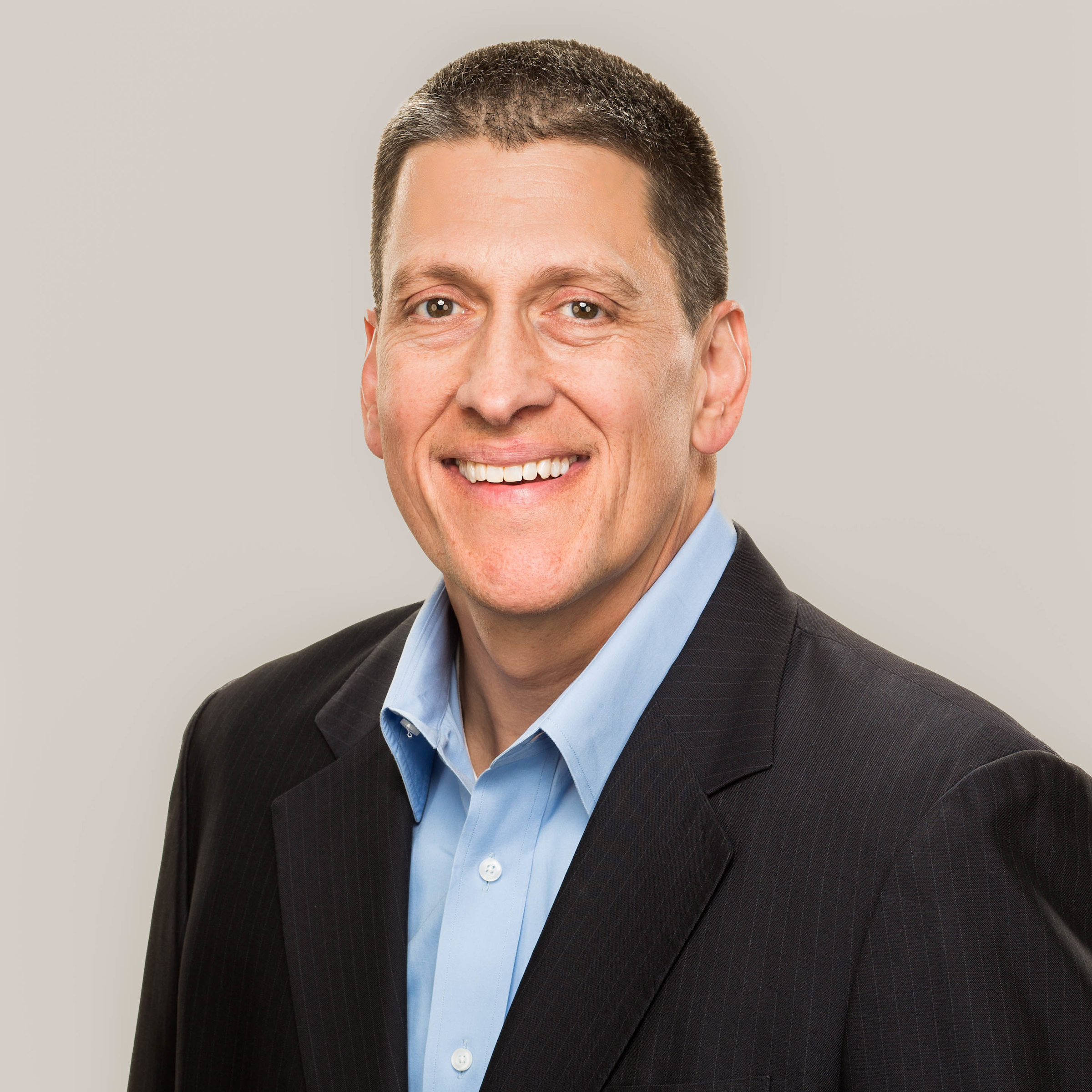
Lionel Lavenue
Partner
Finnegan
Lionel Lavenue is a partner at Finnegan who is located in the Reston, VA office. His practice focuses on patent trial litigation, including 19 bench or jury trials, and on creating and managing large patent portfolios. With experience in almost 200 patent cases, he has managed or served as first chair in numerous district court litigations, including more than 60 cases in the E.D. Texas, almost a dozen patent infringement cases and/or matters under Section 1498(a) in the U.S. Court of Federal Claims, more than a dozen disputes under Section 337 before the U.S. International Trade Commission (ITC), and multiple arbitrations.

Recent Articles by Lionel Lavenue
Under 28 U.S.C. Section 1782, parties engaged in (or expected to engage in) foreign litigation are empowered to seek discovery in the United States for use in the foreign litigation. Specifically, under § 1782, foreign litigants may apply directly to any district court in the U.S. where a person or entity with information relevant to the foreign litigation can be located or found, and that court can order such discovery. If discovery is granted (which is usually the case), the party providing the discovery will typically bear the costs of providing it. As with any other discovery in the United States, the compliance costs are considered a “normal cost of doing business” and are not usually shifted to the party seeking discovery. However, Rule 45(d)(2)(B) does allow for nonparties to shift costs for discovery compliance in certain circumstances—i.e., where there is a “significant expense” arising from a specific order “compelling production or inspection.” Yet, despite a fee-shifting mechanism for nonparties, courts have granted a very limited number of requests for the recovery of fees and costs for compliance in a § 1782 proceeding under Rule 45.
To succeed on a claim of induced infringement, a patent owner must show that the accused infringer (1) actively encouraged infringement, (2) knew that the acts they induced constituted patent infringement, and (3) actuated direct patent infringement by those encouraging acts. In many courts, the knowledge requirement can be satisfied by service of a complaint for patent infringement itself. So, the accused infringer can start to incur liability at the onset of litigation. In the minority of courts, only pre-suit knowledge can satisfy the knowledge requirement. In those jurisdictions, the plaintiff must show the accused infringer knew about the alleged infringement before the onset of litigation. The amount of evidence required to show pre-suit knowledge at the pleading phase is an open question.

![[IPWatchdog Logo]](https://ipwatchdog.com/wp-content/themes/IPWatchdog%20-%202023/assets/images/temp/logo-small@2x.png)
